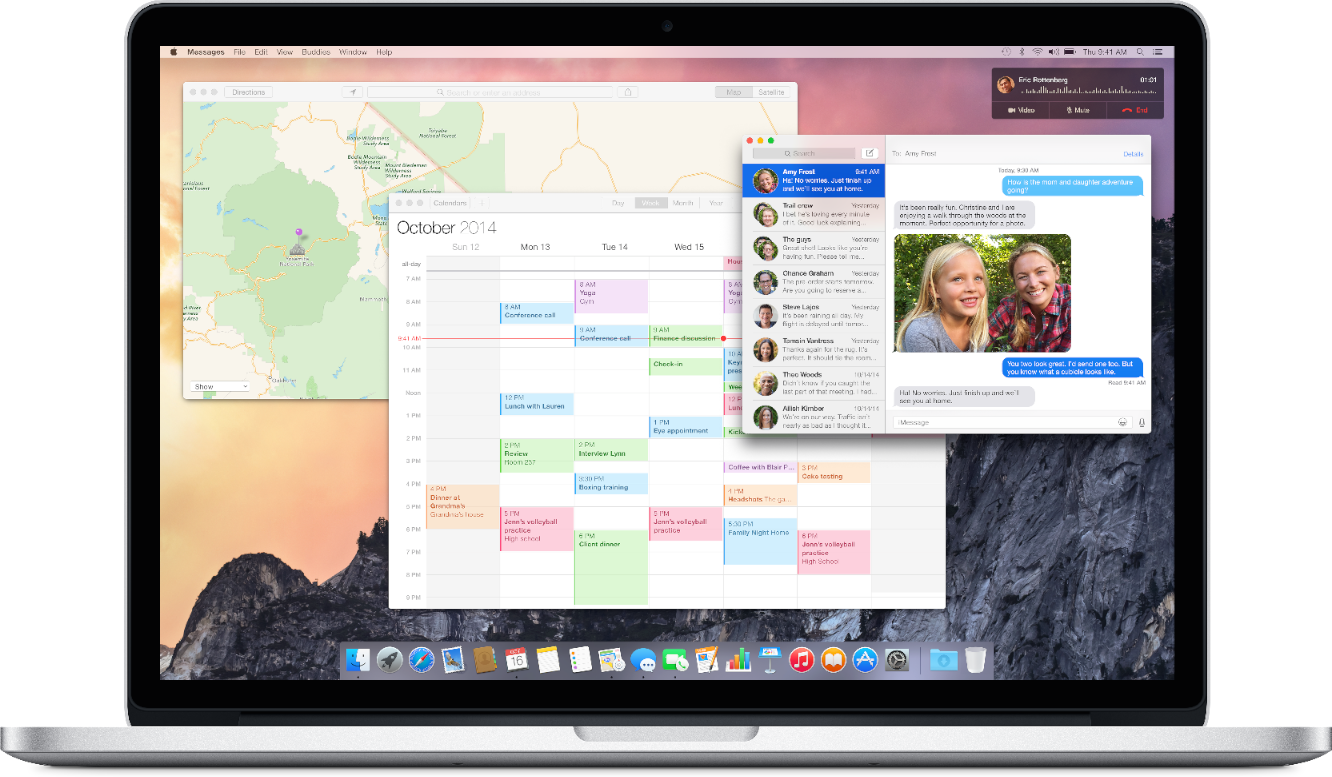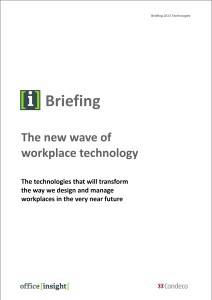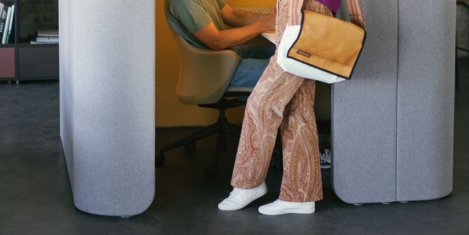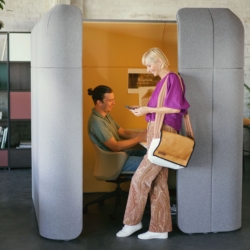To provide the best experiences, we use technologies like cookies to store and/or access device information. Consenting to these technologies will allow us to process data such as browsing behaviour or unique IDs on this site. Not consenting or withdrawing consent, may adversely affect certain features and functions.
The technical storage or access is strictly necessary for the legitimate purpose of enabling the use of a specific service explicitly requested by the subscriber or user, or for the sole purpose of carrying out the transmission of a communication over an electronic communications network.
The technical storage or access is necessary for the legitimate purpose of storing preferences that are not requested by the subscriber or user.
The technical storage or access that is used exclusively for statistical purposes.
The technical storage or access that is used exclusively for anonymous statistical purposes. Without a subpoena, voluntary compliance on the part of your Internet Service Provider, or additional records from a third party, information stored or retrieved for this purpose alone cannot usually be used to identify you.
The technical storage or access is required to create user profiles to send advertising, or to track the user on a website or across several websites for similar marketing purposes.
 A new report from Deloitte has highlighted what it believes are the key trends in the market for telecommunications, media and technology as part of its annual TMT Predictions research project. Amongst other things it predicts a slowdown in the uptake of Bring Your Own device polices, the enduring appeal of the laptop, a change in the way we protect our data and devices, and the annual market for smartphones hitting one billion units for the first time as 4G takes off in the UK.
A new report from Deloitte has highlighted what it believes are the key trends in the market for telecommunications, media and technology as part of its annual TMT Predictions research project. Amongst other things it predicts a slowdown in the uptake of Bring Your Own device polices, the enduring appeal of the laptop, a change in the way we protect our data and devices, and the annual market for smartphones hitting one billion units for the first time as 4G takes off in the UK.


































February 23, 2026
AI will either save work or destroy it. Apparently.
by Jo Sutherland • AI, Comment